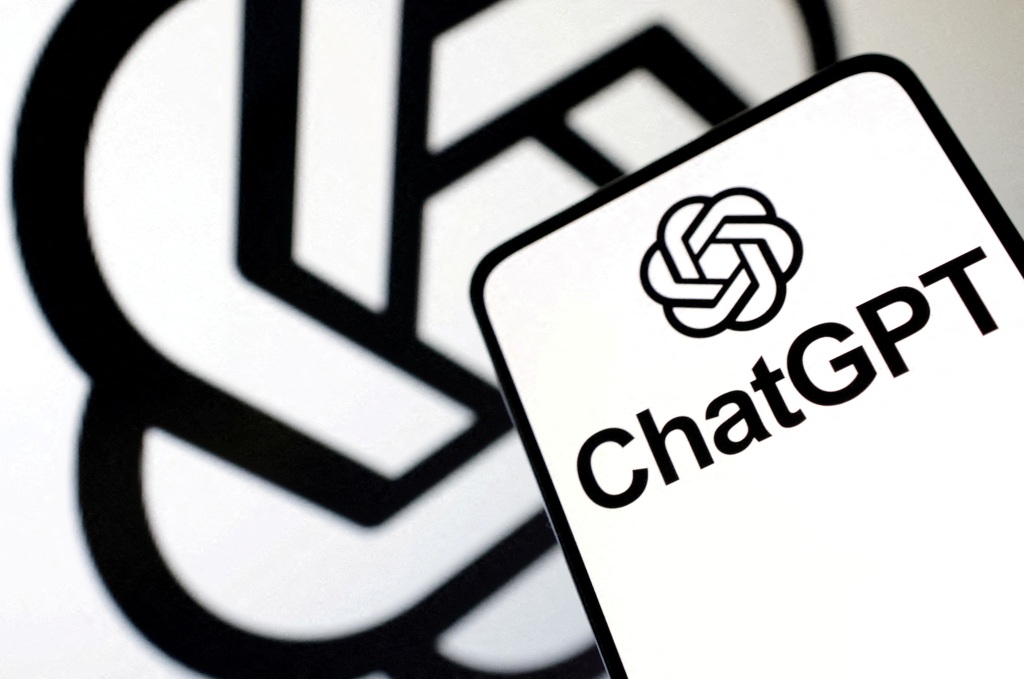- April 20, 2023
- 8 minutes read
‘Overemployed’ people using ChatGPT to secretly work multiple full-time jobs

As the disturbingly rapid rise in artificial intelligence tools threatens to wipe out millions of jobs around the world, a small number of the “overemployed” are exploiting tools like ChatGPT to secretly work multiple full-time jobs.
Generative AI, which is able to churn out content such as essays, blogs, poems, computing code, websites, artwork and even music that in some cases is indistinguishable from human work, has seen a rapid explosion over the past 12 months with programs like ChapGPT, Dall-E and Midjourney taking the internet by storm.
Among the “overemployed” — a small online community of those quietly working multiple jobs, a trend that started to take off during COVID as more people worked from home — the technology has been quickly adopted.
Speaking to Vice News, a number of people working multiple jobs explained how ChatGPT had allowed them to take on even more work, leaving employers none the wiser.
One online marketer dubbed “Ben” said ChatGPT was “the only reason” he got his second job this year — and he even used it to generate cover letters to apply for jobs.
ChatGPT has allowed a small community of people to work multiple jobs because of its ability to quickly churn out writing assignments. REUTERS
“ChatGPT does like 80 percent of my job if I’m being honest,” he said.
“I can just tell it to create a story [for an upcoming product release] and it just does it for me, based off the context that I gave it.”
Another marketer said he could “crank out a blog post in, you know, 45 minutes now, as opposed to three hours — it’s insane.”
A technology worker told the publication that ChatGPT had allowed him to go from two jobs to four, but that “five would probably be overkill.”
And a university lecturer said he secretly runs two companies on the side from his laptop while at work, with ChatGPT doing 80% of the legwork such as business plans, blog posts and Excel spreadsheets.
One worker, a software engineer dubbed “Charles”, revealed he was already earning $500,000 from two jobs, had a net worth $3 million, and was hoping to increase his salary to $800,000 with a third job.
On Reddit’s “Overemployed” forum, users explained various ways the technology had made it easier to pull off their side hustle.
“It’s really good at putting together the skeleton of a program you want to write starting with just general prompts … ChatGPT will give me a semi-broken program that I can look at and then start correcting it on the same chat until it approximates something I can test. Saves a ton of time,” one programmer wrote.
ChatGPT is optimizing job responsibilities so they are done in a matter of minutes, putting a number of jobs at risk for the future. Christopher Sadowski
“Web marketing here. I am using it for writing content that is SEO-focused. Also paid campaigns are a snap. I just copy and paste the entire page’s content and ask it for a few headlines that rhyme. Throw some money behind it and I have a paid campaign,” another said.
“I used to ‘workshop’ content. Now I write better than my writers do, and my boss thinks I’m a literal genius (the word genius was used). Also, I have done a bunch of work already and just sandbagging the work. He tried to promote me and make me run the team.
“This job was already easy for me (marketing for 10+ years), but now it’s even easier.”
A third agreed, “ChatGPT is a must-have tool for OE. It’s an assistant that can help you with your writing, ideas, explaining, writing code, and quicker research.
“This will make you much quicker and more efficient in your journey.”
300 million jobs at risk
Last month, investment bank Goldman Sachs said generative AI was a “major advancement” and could replace the equivalent of 300 million full-time jobs around the world.
Goldman Sachs analysts warned in their report that “significant disruption” was on the way for the labor market, with an estimated two-thirds of jobs able to be automated to at least some degree.
In the US, “of those occupations which are exposed, most have a significant — but partial — share of their workload (25-50%) that can be replaced,” the report said.
Goldman Sachs listed office administrative support, legal, architecture and engineering, business and financial operations, management, sales, healthcare, and art and design as the sectors most at risk of automation.
ChatGPT is programmed to create human-like responses, eliminating the need for human employees in some departments. Getty Images
While AI could replace a significant proportion of work tasks, it may also lead to new jobs and a productivity boom, according to the report, which predicts it could eventually increase total global GDP by 7%.
OpenAI, the company behind ChatGPT, released its own paper last month outlining which jobs are most exposed to the technology.
Mathematicians, writers and authors, public relations specialists, journalists, news analysts, interpreters, accountants and web designers are among the many occupations with the highest exposure, OpenAI’s researchers found.
“Most occupations exhibit some degree of exposure to LLMs [large language models], with higher-wage occupations generally presenting more tasks with high exposure,” the paper said.
“Our analysis indicates that approximately 19% of jobs have at least 50% of their tasks exposed to LLMs when considering both current model capabilities and anticipated LLM-powered software.”
The researchers also listed 34 occupations which, unsurprisingly, face no risk from ChatGPT — stonemasons, waiters, bricklayers, slaughterers, painters and cooks are all safe.
“AI is replacing the white-collar workers. I don’t think anyone can stop that,” Pengcheng Shi, an associate dean in the Department of Computing and information sciences at Rochester Institute of Technology, told The Post in January.
“This is not crying wolf.
“The wolf is at the door.”
